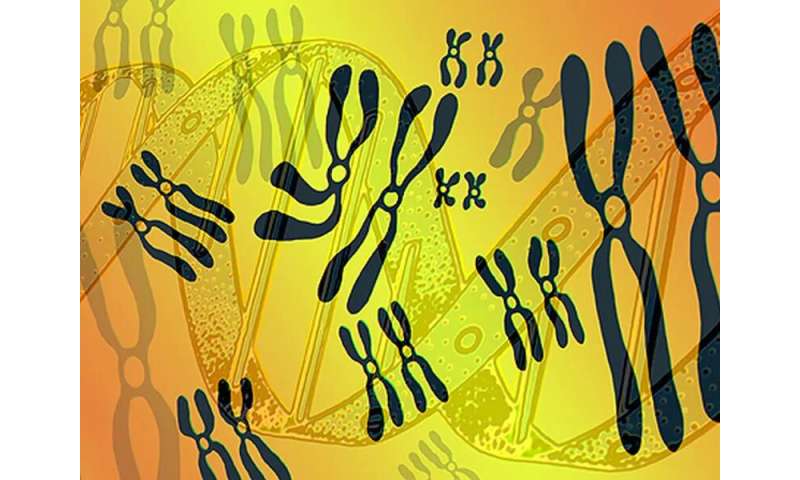Genetic tests may differ in their interpretation of certain variants

(HealthDay)—Different genetic test interpretations have been identified for genetic variants, and some of these can impact patient management, according to a research letter published online June 30 in the Annals of Internal Medicine.
Jeffrey A. SoRelle, M.D., from the University of Texas Southwestern Medical Center in Dallas, and colleagues examined the prevalence of different interpretations of the same genetic variant. Data were extracted from ClinVar to examine the clinical importance of gene variants for hereditary cancer genes.
The researchers found that 40 percent of the 52,785 variants had two or more interpretations. Of these variants, 2.2 percent had clinically significant differences in interpretations. The TP53 gene was the outlier with the most interpretations that were different (53 of 300 [11 percent]). Some differences were differences in confidence (likely benign versus benign or likely pathogenic versus pathogenic), while others were differences with modest clinical importance (benign versus uncertain significance) (12.8 and 14.2 percent, respectively). There was a direct correlation between the number of variants submitted and the frequency of different test interpretations for conflicts with more clinical importance. In an analysis of genes associated with long QT syndrome, 7.7 percent of variants had different interpretations.
“As a result of our experience, we propose that second opinions be used in genetic testing the same way they are being used in other medical specialties, such as radiology and pathology, where they are the standard of practice,” the authors write.
Source: Read Full Article
